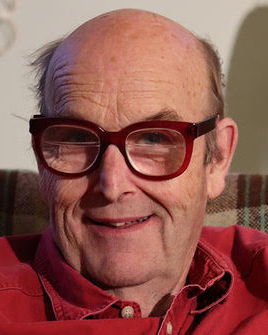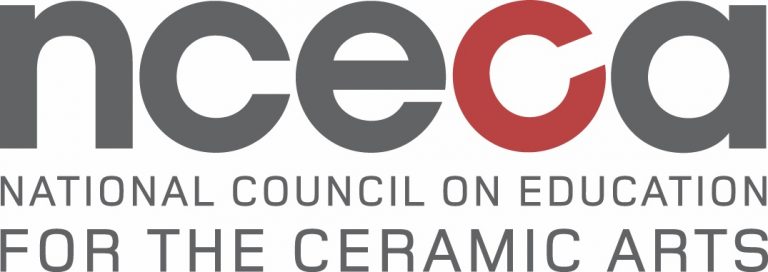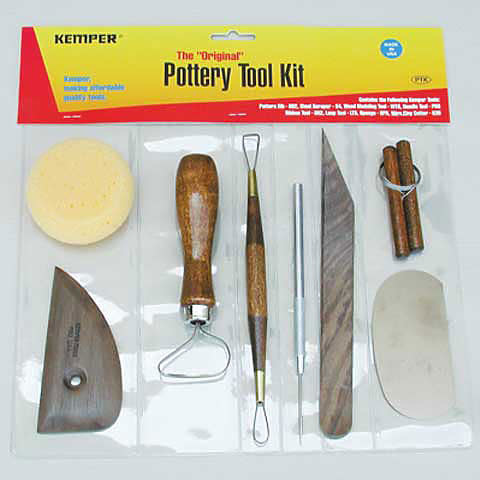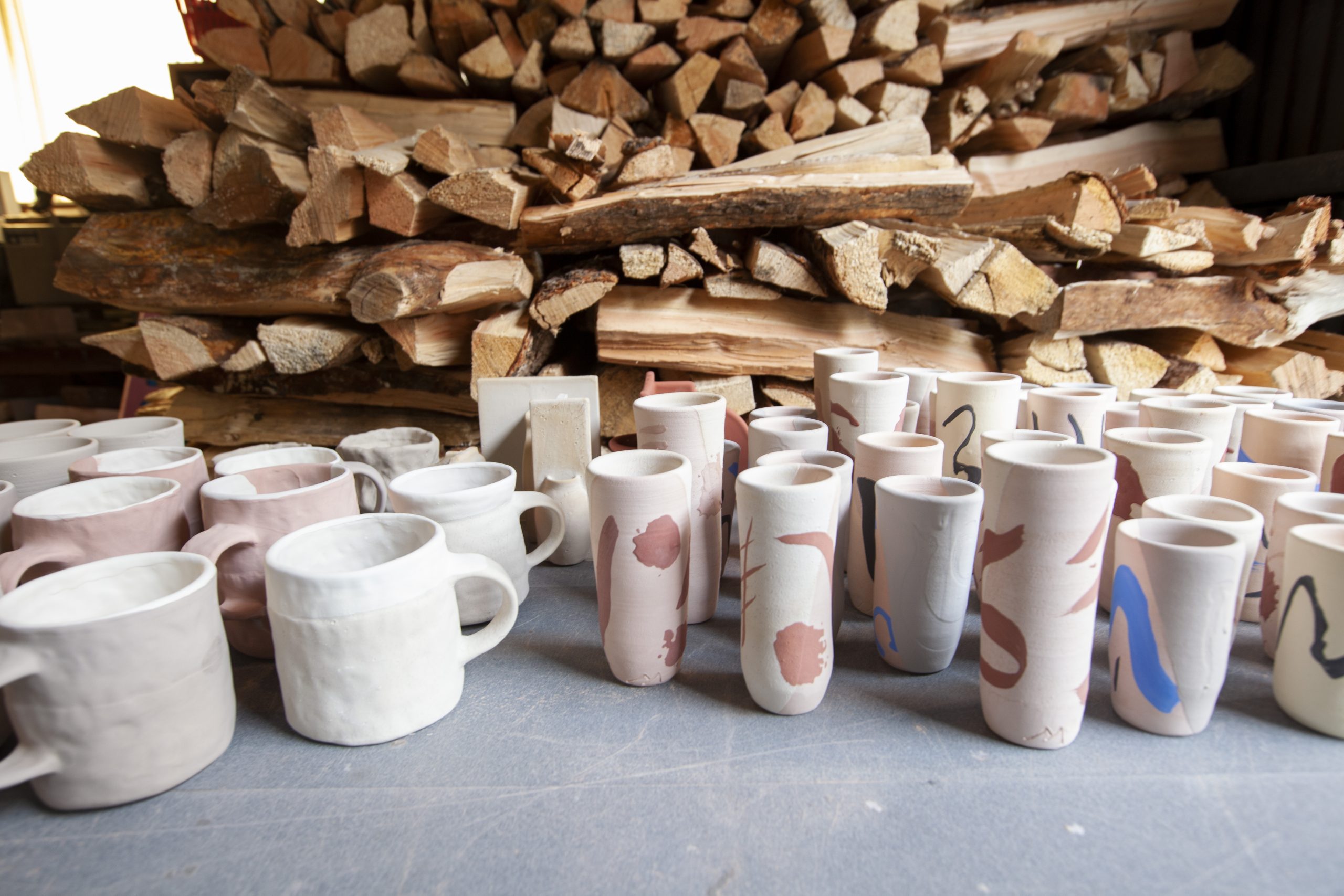Ceramics
Code: C0808-21
-
II
Level II
Students have a basic understanding of forming techniques, such as throwing and hand building. Students have taken one or two ceramics classes or workshops.
-
III
Level III
Students have significant experience with clay forming techniques, such as throwing, hand building and modeling. Students are comfortable with ceramics equipment, such as wheels, extruders and slab rollers. Students are self-starting with some formal training and have taken a minimum of three classes or workshops.
-
IV
Level IV
Students have advanced skills and knowledge of the ceramics field. Students are highly motivated, have a minimum of five years experience in the field and have a portfolio of their artwork. Typical students are academics and professional artists.
Handbuilt Pots: surface & form
Jul 26 - Aug 6, 2021
9AM-5PM
Concept
Taught by two renowned artists, this two-week intensive workshop uses simple techniques to explore freedom of ideas and process. Students elevate the quality and content of their ceramic work through the distinct lens of each of the instructors. John Gill shares his articulated approach to building and glazing by guiding the creation of vessels from soft clay slabs through darting and paper patterns. Andrea Gill imparts her expertise on surface patterning and layering of glazes to help you add depth to your work. Learn the application process of transferring two-dimensional imagery onto three-dimensional surfaces, and leave with a variety of works and a comprehensive understanding of the craft.
Media
Stoneware, porcelain, slab and hand building, oxidation, reduction firings
Supply ListFaculty

John Gill
John Gill teaches at the New York State College of Ceramics at Alfred University. He has received numerous awards including honors from the National Endowment for the Arts and the New York Foundation for the Arts.

Andrea Gill
Andrea Gill is a Professor Emerita at Alfred University. Her works are in the permanent collections of the LACMA and the Victoria and Albert Museum in London.Andrea Gill is a professor Emerita at Alfred University. Her works are in the permanent collection of the LACMA and the Victoria and Albert Museum in London.

John Gill, Plate
Join Waitlist for Handbuilt Pots: surface & form
Thank you for your interest in the waitlist. When space in a workshop or program becomes available, registration will open on the website. Everyone on the waitlist will be emailed to alert them of the opening. This ensures that everyone has an equal opportunity to register for the workshop or program.
Ceramics
In 1966, American raku ceramicist Paul Soldner selected the site for what is now Anderson Ranch Arts Center, forming the foundation for a thriving ceramics program. Then and now, Anderson Ranch is a place where students exchange ideas and examine ceramic art and pottery-making techniques. It has always been a place where seminal moments of growth happen in an artist’s creative and critical thinking. Here, both beginning and emerging artists gain strong fundamental support, while established artists achieve new perspectives and advance their techniques.
The Ranch Ceramics team provides support, feedback and technical problem solving, giving each artist the freedom to experiment and grow. Our primary focus is on personal advancement through a process of creative discovery. We also offer community engagement through events like our Locals’ Clubs “Circle of Fire” where artists engage with the Ranch outside of the workshop setting.
The Soldner Ceramics Center makes up more than 10,000 square feet in three buildings. The Lyeth/Lyon kiln building is equipped with gas, electric, soda and wood kilns for both oxidation and reduction firings at all temperature ranges. The Ranch offers three wood kilns, four gas reduction kilns, one soda kiln and eleven high-temperature electric kilns.

Anderson Ranch is happy to extend a 20% tuition discount* in summer one- or two-week adult workshops for NCECA members. Please register online and then email [email protected] with your membership information and we will make the adjustment once you are in the system. You are also welcome to call 970-924-5089 to register. *Please note that the NCECA discount does not apply to The Center / Advanced Mentored Studies program, nor can it be combined with any other discount, scholarship or special offer.
Workshop Details
Supply List
Many of the items you'll need are available in the ArtWorks Store. Please click "View Full Supply List" to see a comprehensive list of items you'll need for this workshop.

Ceramic Tool Kit / Basic Ceramic Tools
All ceramic participants are responsible for bringing their own personal hand tools. This list of general tools below is considered basic for all ceramic classes. Basic starter tool kits are available in The ArtWorks Store at the Ranch. If you would like to order this tool kit so it is waiting for you when you arrive, please call the store at 970-923-3181. Each Tool Kit contains:
- Potter’s Rib
- Steel Scraper
- Wood Modeling tool
- Needle tool
- Ribbon tool
- Loop tool
- Sponge
- Wire Clay Cutter

Writing Utensil

Notebook

Variety of brushes for glazing
Lodging & Meals
Housing is limited and includes shared and private lodging options. Reservations will be managed on a first-come, first-served basis. The earlier you reserve housing, the better your chance of receiving your preferred option. Please note: Workshop costs do not include accommodations.
We have established a Business Safety Plan with added layers of precaution that prioritize the health and safety of our staff, students, faculty and guests while continuing to provide you with the Anderson Ranch experience that you know and enjoy.
The Ranch Café meal plan that is included with Room and Board fees strives to provide healthy, creative meals that will nourish your artistic creativity. The meal plan includes 5 days of continental breakfasts that will include a hot offering, 5 lunches with a selection of offerings, and 5 dinners.

Scholarships, College Credit & Discounts
Making Art Accessible
Applications for scholarship support are encouraged. Specific scholarships are funded by Ranch supporters, either through endowed funds or special gifts.
Many colleges and universities offer college credit for workshops taken at Anderson Ranch. Discounts are available for students and teachers.
You Might Also Be Interested In

-
I
Level I
Students are new to ceramics and have no formal training.
Jul 29 - Aug 2, 2024
9AM - 5PM
Beginning Adult Wheel: Back to Basics
Joanne Seongweon Lee
Tuition $1,200
Code C0911-24
This beginner’s workshop is designed for students who have never touched clay before or want to improve their basic skills in throwing. Students start with centering the clay and work their way to the creation of forms—cylinders, bowls, and vases. This workshop focuses on wheel-throwing, though participants are able to bisque fire their work and experiment with underglaze, slip, and maiolica decoration.

-
II
Level II
Students have a basic understanding of forming techniques, such as throwing and hand building. Students have taken one or two ceramics classes or workshops.
-
III
Level III
Students have significant experience with clay forming techniques, such as throwing, hand building and modeling. Students are comfortable with ceramics equipment, such as wheels, extruders and slab rollers. Students are self-starting with some formal training and have taken a minimum of three classes or workshops.
Jul 29 - Aug 9, 2024
9AM - 5PM
Rerecorded Bodies
Jinsik Yoo
Tuition $1,450
Code C0912-24
This workshop centers on the human form as a powerful expressive motif in ceramic sculpture. Combining craft and emotional effect, Jinsik shares his method of developing 3D sculptural forms from collaged 2D renderings and composite sketches. Participants are encouraged to explore different ways of expressing their ideas through clay in the development of their own personal symbolism and storytelling. Handbuilding, slab-building, surface treatment, and glazing accompany lectures and discussions that investigate how the photographic image can expand the possibilities for making clay sculptures.

-
I
Level I
Students are new to ceramics and have no formal training.
Aug 5 - 16, 2024
9AM - 5PM
Clay, Hand and Machine: Computer-Aided Clay Processes
Audrey An
Tuition $1,450
Code C1014-24
This workshop explores computer-aided clay design and fundamental plaster mold making. Thinking about hand-machine collaboration, the workshop introduces various methods to generate digital models that become clay objects or custom tools that enhance studio practice. Students gain basic proficiency in Rhinoceros 3D and learn how to use handheld scanners to create and modify forms in Blender 3D. Digital designs can become paper stencils for slab building, cast from plastic 3D prints, or directly printed in clay using the 3D PotterBot.












